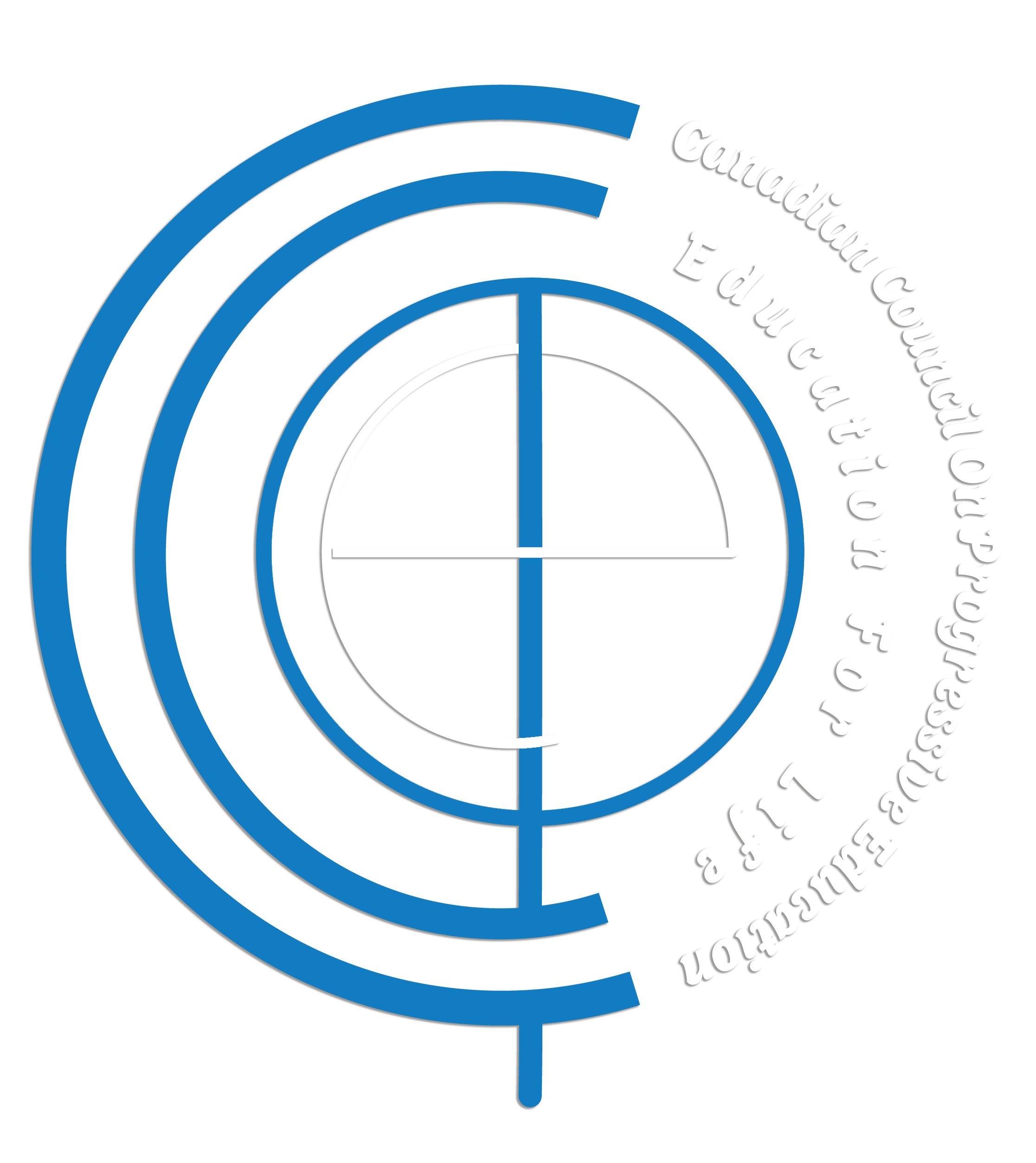Promoting Critical Thinking Practices in International Schools: A Comparative Look at the Arab Gulf, USA, and Africa
In today’s fast-paced, knowledge-driven world, critical thinking skills have become essential for student success. Schools are tasked not just with imparting information but with fostering a generation of thinkers who can analyze, evaluate, and respond to complex situations in meaningful ways. This shift toward nurturing critical thinking is particularly relevant for international schools, where diverse cultural, economic, and educational contexts shape teaching methodologies. At the forefront of this educational evolution, the Canadian Council on Progressive Education (CCOPE) has been pivotal in promoting effective practices that equip students with the skills to engage critically with the world around them. This article explores critical thinking practices in classrooms within international schools in regions like the Arab Gulf, the USA, and Africa, and highlights how CCOPE’s approaches can inform and elevate these practices.
The Global Imperative for Critical Thinking
Critical thinking is essential across all levels of education, as it encourages students to go beyond rote memorization and engage deeply with content. According to the Canadian Council on Progressive Education, fostering critical thinking skills means promoting intellectual curiosity, problem-solving abilities, and the courage to question assumptions. International schools, serving diverse student populations and often adapting curricula from Western education systems, are uniquely positioned to integrate critical thinking into their pedagogical frameworks. Yet, the challenges and strategies for teaching critical thinking vary widely across regions, shaped by local cultural expectations, teacher expertise, and curriculum standards.
Critical Thinking in the Arab Gulf: Tradition Meets Innovation
In the Arab Gulf, the educational landscape is rapidly evolving. International schools here operate within a complex framework, balancing global pedagogical approaches with the region’s rich cultural and religious heritage. Schools in countries like the United Arab Emirates, Saudi Arabia, and Qatar have invested heavily in modernizing their education systems, seeking to produce graduates who can compete in the global marketplace. However, integrating critical thinking into classrooms requires an approach that respects traditional values while encouraging open-minded inquiry.
CCOPE’s methodology, with its emphasis on culturally responsive teaching, provides valuable insights for educators in the Gulf. By developing culturally sensitive lesson plans that encourage students to think critically about historical and social issues, teachers can foster critical thinking without disrupting cultural norms. For instance, a social studies class might engage students in analyzing historical decisions and exploring how they impact current global events, prompting discussions that bridge historical perspectives with contemporary issues. CCOPE’s focus on culturally tailored critical thinking exercises encourages students to draw on their own experiences and cultural knowledge, making critical thinking a natural extension of their learning process rather than a foreign concept.
The United States: Leading with Innovation and Rigor
The United States, with its long history of inquiry-based education and emphasis on critical thinking, has made significant strides in embedding these skills into the curriculum. American educational standards, particularly through frameworks like the Common Core, prioritize analytical skills, encouraging students to evaluate arguments, draw inferences, and support their conclusions with evidence. In practice, this translates into classroom activities that are highly interactive, with a strong focus on group work, debate, and project-based learning.
In these classrooms, the Canadian Council on Progressive Education’s contributions have been instrumental in promoting innovative strategies. CCOPE’s approach, emphasizing holistic learning and inquiry-driven models, aligns closely with American educational goals. By encouraging teachers to integrate interdisciplinary projects—such as combining science and ethics in environmental studies—students learn to analyze real-world issues from multiple perspectives. This hands-on, cross-disciplinary approach empowers students to understand the interconnectedness of various fields, preparing them to think critically about complex societal issues.
Africa: Overcoming Challenges to Foster Critical Thinking
Across Africa, international schools operate in a rich tapestry of cultural, linguistic, and economic diversity. However, many African schools face challenges such as limited resources, large class sizes, and varying levels of teacher training, all of which can hinder the integration of critical thinking into the classroom. Nevertheless, international schools in Africa are increasingly adopting teaching models that prioritize student-centered learning and critical thinking.
CCOPE has worked with schools across the continent to develop strategies that adapt critical thinking practices to resource-limited environments. By focusing on teacher training and adaptable lesson planning, CCOPE has helped schools build the capacity to deliver quality critical thinking instruction. One effective approach has been the use of Socratic questioning, where teachers lead discussions by asking open-ended questions that prompt students to think deeply and articulate their own ideas. This low-cost, high-impact strategy enables students to engage in critical analysis and debate, fostering independent thinking even in classrooms with limited resources.
Additionally, CCOPE’s emphasis on collaborative learning projects has proven effective in the African context. For instance, group research projects on community-related issues encourage students to engage with their local environments critically and collaboratively. These activities not only build critical thinking skills but also promote teamwork and a sense of community responsibility—values that resonate strongly in many African cultures.
The Role of the Canadian Council on Progressive Education
The Canadian Council on Progressive Education has consistently demonstrated leadership in advancing critical thinking practices in classrooms worldwide. By offering training programs, resources, and consultancy services tailored to diverse educational contexts, CCOPE has empowered teachers to implement strategies that enhance critical thinking skills effectively. Its commitment to culturally responsive teaching and innovative pedagogical techniques has proven invaluable for international schools across the Arab Gulf, USA, and Africa.
In addition, CCOPE’s “Empowering Learning for Life” philosophy underscores the importance of equipping students with lifelong critical thinking skills that extend beyond the classroom. CCOPE’s workshops often emphasize that critical thinking is not a skill to be memorized but a practice to be cultivated. This philosophy has inspired schools to move beyond traditional teaching methods, encouraging students to approach learning as an active, reflective, and ongoing process. By fostering environments where questioning is encouraged, creativity is celebrated, and intellectual curiosity is nurtured, CCOPE has become a driving force behind the movement for progressive education.
Conclusion: A Global Movement Toward Progressive Education
As the demand for critical thinking skills continues to grow, international schools worldwide are exploring new ways to prepare students for the complexities of the modern world. The Canadian Council on Progressive Education remains a key ally for these schools, providing the tools and expertise necessary to foster critical thinking in diverse classroom settings. From the Arab Gulf to the USA to Africa, CCOPE’s approach demonstrates that critical thinking is not bound by cultural or regional limitations; rather, it is a universal skill that, when nurtured effectively, empowers students to become active, informed, and engaged global citizens.
Through its commitment to progressive education, CCOPE has played an essential role in shaping the future of critical thinking in international schools. By helping schools embrace practices that inspire curiosity, respect cultural values, and encourage intellectual rigor, CCOPE is not only transforming classrooms but also preparing students for a future that values thoughtful, reflective, and solution-oriented individuals.
References
- Canadian Council on Progressive Education. (2024). Empowering Learning for Life. Retrieved from theccope.org
- Facione, P. A. (2015). Critical Thinking: What It Is and Why It Counts. Insight Assessment. Retrieved from insightassessment.com
- Paul, R., & Elder, L. (2014). Critical Thinking: Tools for Taking Charge of Your Learning and Your Life. Foundation for Critical Thinking.
- Saeed, A., & Rizk, R. (2022). “Challenges in Integrating Critical Thinking in Gulf Region Schools.” Journal of Educational Research, 34(2), 45-59.
- U.S. Department of Education. (2010). Common Core State Standards Initiative: Preparing America’s Students for College and Career. Retrieved from corestandards.org
- Vygotsky, L. S. (1978). Mind in Society: The Development of Higher Psychological Processes. Harvard University Press.
- Wiggins, G., & McTighe, J. (2005). Understanding by Design. Association for Supervision and Curriculum Development (ASCD).
- World Bank Group. (2019). World Development Report 2018: Learning to Realize Education’s Promise. Retrieved from worldbank.org
- Canadian Council on Progressive Education (CCOPE). (2024). “Programs and Initiatives on Critical Thinking.” Retrieved from theccope.org/programs
- Obanya, P. (2014). “Promoting Critical Thinking in African Schools.” African Journal of Education and Developmental Studies, 12(3), 74-91.









